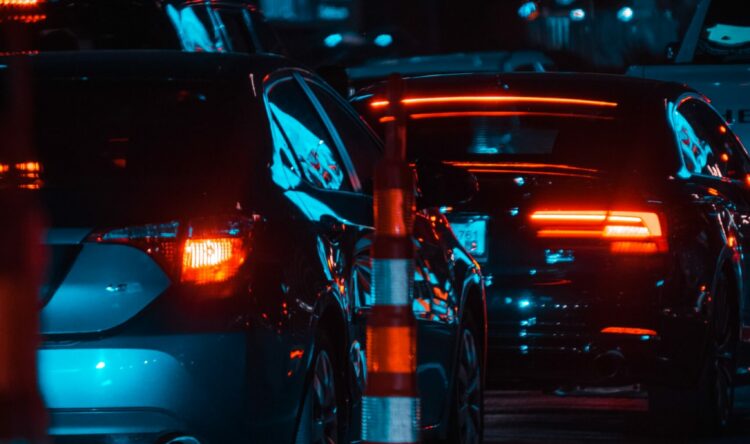Quirky driving habits
Forget your lucky pants, superstitious drivers give a steer on driving habits
If you steer clear of motorway cats’ eyes or get revved up shouting at other drivers, you’re not alone according to new survey.
An InsuretheGap survey has discovered some of the UK’s quirkiest driving habits. These range from stopping the refuelling pump at a round number, to not parking next to a specific car make or model.
Fingers crossed
While ‘commentary driving’ is a well regarded road safety training method, just talking to yourself in the car isn’t quite the same thing!
The survey of over 440 UK drivers provides us with the top 10 quirky driving habits:
- 52% avoid parking next to another vehicle in a car park;
- 46% stop the fuel pump on a round number;
- 40% search out the cause of an interior noises or rattle straight-away;
- 37% ensure windscreen wipers are in the resting position before turning the engine off;
- 36% straighten the steering wheel and car wheels when parking;
- 31% have a minimum level of fuel they will not go below;
- 24% yell at other drivers safe in the knowledge they can’t be heard;
- 22% move to the inside lane at a specific point before exiting the motorway (for example, when seeing the first exit sign);
- 20% talk to themselves in the car;
- 19% avoid cats’ eyes when changing motorway lanes.
There for the grace of God
Perhaps it is reassuring that one in ten motorists breathe in when going through a tight space (11%). In many ways it shows they are aware of what they are doing behind the wheel.
Others duck when driving under a height restriction barrier (11%) and shout wheeeee when going over a humpback bridge (11%).
Thankfully, only 2% admit to shutting their eyes when driving through a tight gap. However, with car sizes growing all the time, this figure could be on the rise.
Paying the price
Ross Callander, at InsuretheGap.com, believes we can all admit to some quirky habits. Obviously, some are more harmless than others, and some are just plain dangerous.
“While not an exhaust-ive list, motorists might be able to recognise their own interesting habits,” says Callander.
He adds that some of these habits can lead to low speed and minor damage incidents. What is important to remember is that many insurance policies leave you liable to pay for the initial hundreds of pounds of a claim (the ‘excess’). Furthermore, valuations of vehicles by insurers can often be a lot less than the cost of replacement. It may well be worth considering extra policies that cover these anomalies.
“Whatever your driving quirks, one thing to consider is getting GAP insurance from an independent provider. If your car is stolen or written off, the insurance company will often only pay the value of the car at the time of the incident. This can be significantly less than the amount you paid for it. GAP insurance can bridge the GAP between these amounts”.




